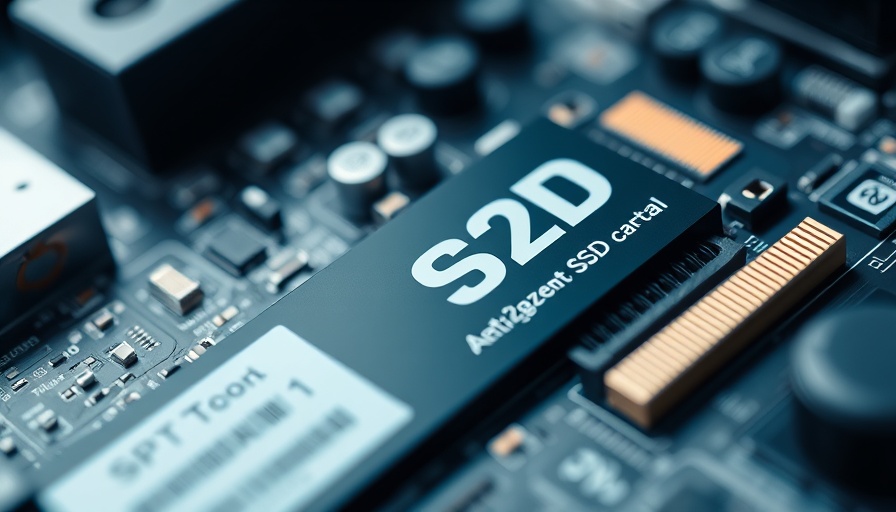
Can AI Really Displace Jobs?
The rise of artificial intelligence (AI) has sparked intense debate over its potential impact on the job market. Proponents argue that AI will lead to the creation of new jobs, while skeptics like Mo Gawdat, former chief of Google X, claim that these beliefs are misguided. According to Gawdat, AI's rapid advancement poses a growing threat, not just to manual laborers, but to high-level corporate roles as well.
Why AI Might Not Be the Job Creator We Anticipated
Gawdat's assertion challenges the widely held belief that technological advancement generates new job opportunities. He stresses that AI's efficiency and capabilities can often surpass human performance, particularly in white-collar jobs. The notion that AI will create jobs while eliminating lower-skilled positions is increasingly under scrutiny, as AI technologies evolve to take on complex tasks typically fulfilled by humans.
The Ethical Dimensions of AI Deployment
Beyond job displacement, there’s an urgent need to consider the ethical implications of AI integration across industries. With profit maximization as a primary motive, the ethical frameworks surrounding AI development often get sidelined. Gawdat raises important questions about the balance between technological progress and the moral obligations we have to society, indicating that a thoughtful approach to AI is essential for creating a sustainable future.
Could Universal Basic Income Offer a Safety Net?
As the threat of massive job loss looms, discussions about universal basic income (UBI) have gained momentum. Advocates, including Gawdat, argue that UBI could serve as a financial cushion for displaced workers. By ensuring a basic financial foundation, society can better facilitate the transition to an economy increasingly influenced by AI technologies. This approach may alleviate financial stress on individuals as traditional employment structures continue to evolve.
Counterarguments: The Optimistic View of AI
While there are significant concerns about AI's impact on employment, there remains a counter-narrative promoting AI as a catalyst for innovation. Some experts suggest that just as past technological revolutions created entirely new industries, AI may usher in roles in fields like data science, AI ethics, and even maintenance of AI systems. Viewing AI through this lens highlights the complexity of technological advancement and its potential to reshape the job landscape positively.
The Importance of Workforce Upskilling
In light of the real possibilities of job displacement due to AI, experts underscore the importance of upskilling initiatives. Providing continuous education and training can equip the workforce with the necessary tools to adapt to an evolving job market. By emphasizing upskilling, businesses can take proactive steps to ensure their employees remain valuable contributors, regardless of technological changes.
Conclusion: Embracing Change and Preparing for the Future
As we witness the unfolding story of AI and its implications on employment, it’s crucial to remain engaged and informed. The dialogue surrounding AI is complex and layered, spanning ethical, technological, and economic dimensions. By embracing change and understanding the multidimensional impacts of AI, business leaders can steer their organizations toward sustainable futures in the face of transformation. If you're interested in learning how to navigate this changing landscape effectively, discover how to become the signal in your market.
 Add Row
Add Row  Add
Add 




Write A Comment